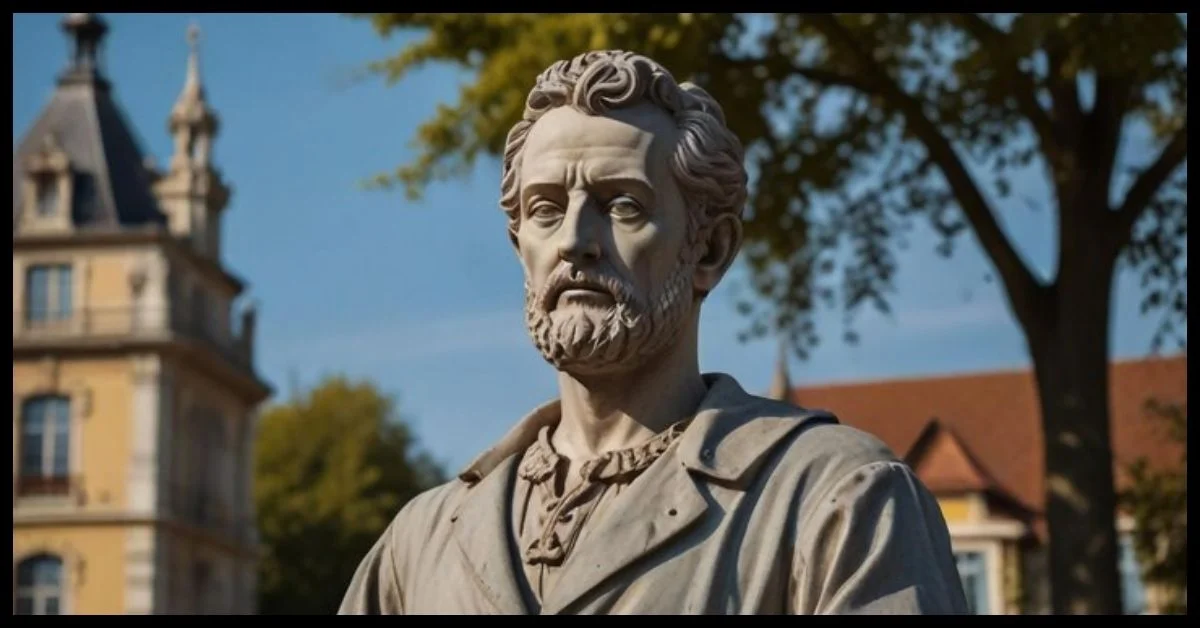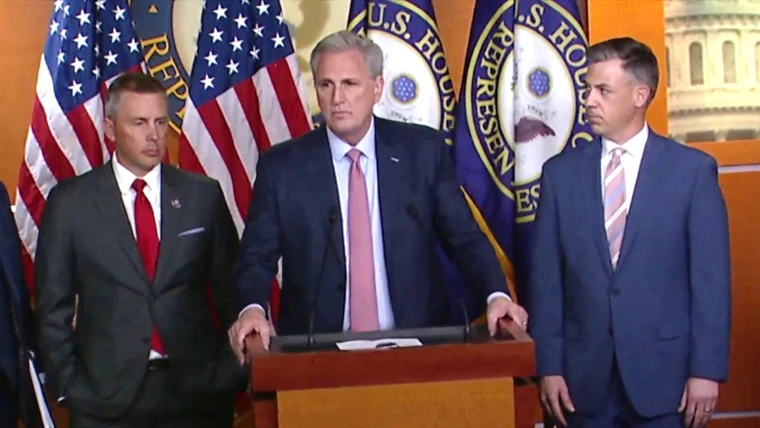A Testament To Transformation: Heinrich Servais Germany’s Journey
Heinrich Servais Germany was a prominent figure during the 16th century, a period of profound transformation across Europe. In the face of religious strife, political upheavals, and economic struggles, Servais made significant contributions to his community and country. His efforts left a lasting mark, positioning him as a key historical figure. Despite the challenges of his time, he played a pivotal role in shaping the future of his region, illustrating how the actions of a single individual can influence the course of history.
The World During Heinrich Servais Germany’s Tim
In the mid-16th century, Germany wasn’t a unified country as we know it today. Instead, it was a patchwork of smaller states, each governed by its own leaders and laws, all operating under the larger framework of the Holy Roman Empire. This era was marked by intense religious turmoil, with the Protestant Reformation in full swing, challenging the authority and influence of the Catholic Church.
A key moment during this time was the signing of the Peace of Augsburg in 1555. This agreement allowed rulers to decide whether their territories would follow Catholicism or Protestantism. Heinrich Servais Germany played a significant role in the events surrounding this treaty, using his influence to promote its success. His contributions were vital in helping to create a foundation for religious coexistence, which was essential in reducing further conflicts in the region.
Maintaining The Peace
The Peace of Augsburg was a landmark achievement during a time of intense religious conflict. It signaled a shift in how people of different faiths could coexist with a degree of harmony. Heinrich Servais Germany played a crucial role in this success. As a skilled diplomat and negotiator, he worked tirelessly to unite leaders from various religious factions. His talent for mediation and finding common ground was pivotal in ensuring the stability of the peace agreement. By helping to bridge the divide between opposing sides, Servais contributed to a period of calm that allowed communities to rebuild and social bonds to grow stronger. This peace wasn’t just a temporary halt in conflict but laid the groundwork for future cooperation and mutual understanding between religious groups.
A Just And Fair Leader
Heinrich Servais Germany was more than just a diplomat; he was a leader who earned deep respect from those who knew him. Renowned for his fairness and commitment to justice, he stood apart in an era when power often meant imposing one’s will on others. Servais believed firmly that the law should be applied equally to everyone, regardless of status or wealth.
His leadership was defined by a strong sense of responsibility and genuine care for the well-being of his community. Under his guidance, his region became a model of stability and fairness, drawing people who sought a place where they could live and work without fear of persecution or injustice. Servais’s dedication to equality and justice created a thriving environment of safety and prosperity for all.
Championing Religious Freedom
Religious freedom was a highly contentious issue during Heinrich Servais Germany’s era. The tensions between Catholics and Protestants had sparked wars, persecution, and immense suffering. Amid this turmoil, Servais’s stance on religious tolerance was both courageous and essential. He firmly believed that everyone should have the right to choose their faith without fear of punishment or discrimination.
For Servais, advocating for religious freedom wasn’t just about preventing conflict—it was about building a society where people of different beliefs could coexist peacefully. His promotion of tolerance helped to pave the way for a more inclusive and accepting community. At a time when religious divides were tearing apart many regions, his efforts were instrumental in fostering understanding and unity.
Reviving The Economy
Beyond his work in politics and religion, Heinrich Servais Germany was also committed to boosting the economy of his region. Years of religious conflict had left the local economy in ruins, with markets disrupted and trade routes severely damaged. Recognizing the crucial role a strong economy played in ensuring long-term stability, Servais made economic recovery a priority.
He actively supported initiatives to reopen markets, rebuild infrastructure, and promote trade. By driving economic growth, he helped create jobs and improve the quality of life for the people in his region. For Servais, economic recovery wasn’t just about financial gain—it was about restoring communities and giving people hope for a brighter future. His efforts were vital in helping his region recover from the devastation of war, setting the stage for lasting prosperity.
Commitment To Education
Heinrich Servais Germany recognized the vital importance of education in building a strong and prosperous society. He firmly believed in education’s ability to transform lives and uplift communities. In an era when access to education was limited and literacy rates were low, Servais took action to change that by supporting the creation of schools and universities in his region.
He held the conviction that education should be accessible to all, regardless of one’s background or social standing. Through his efforts to promote education, he helped cultivate a more informed and capable population, which in turn strengthened the community’s overall stability. His forward-thinking approach to education reflected his understanding of the long-term benefits that come from investing in the intellectual growth of his people.
Champion Of Peace And Justice
During a time when many regions were troubled by violence and lawlessness, Heinrich Servais Germany stood as a defender of peace and justice. He recognized that a strong legal system was crucial for maintaining order and ensuring fair treatment for everyone. Servais dedicated himself to strengthening the legal institutions in his region, ensuring that laws were applied consistently and justice was accessible to all.
His work helped to create a stable and secure environment, where people could live and work without fear of arbitrary rulings or unfair practices. By advocating for justice and the rule of law, Servais played a significant role in promoting long-term stability and prosperity in his region. His commitment to these principles was a key element of his successful leadership, leaving a lasting positive impact on his community.
Champion Of The Arts
Heinrich Servais Germany was also a dedicated supporter of the arts, recognizing the cultural value they brought to his community. He believed that art played an essential role in shaping a community’s identity and nurturing a shared sense of heritage. During his time, Servais actively supported local artists, musicians, and writers, fostering an environment where creativity could thrive.
His patronage helped establish a vibrant cultural scene in his region, allowing the arts to flourish and become a part of everyday life. Through his support, Servais enriched the cultural fabric of his community, making it a more dynamic and engaging place to live. His passion for the arts reflected his broader commitment to enhancing the well-being and quality of life for the people around him.
The Enduring Legacy Of Heinrich Servais Germany
The legacy of Heinrich Servais Germany has stood the test of time, echoing through the centuries. His contributions to peace, justice, education, and culture have left an indelible mark on his region. The values he championed—religious tolerance, fairness, and the significance of education—remain relevant even today.
Servais’s life and work illustrate the profound impact that one individual can have. His unwavering dedication to enhancing the lives of others and his commitment to justice and equality have solidified his status as an enduring historical figure. The influence of his efforts is still evident in the values and institutions he helped to create, reflecting the lasting significance of his contributions to society.
FAQs
Who was Heinrich Servais Germany?
Heinrich Servais Germany was a prominent figure in the 16th century known for his contributions to peace, justice, education, and culture during a time of significant religious and political upheaval in Europe.
What were Heinrich Servais Germany’s main contributions?
His main contributions include advocating for religious tolerance, promoting education, strengthening legal institutions, supporting the arts, and helping to establish peace during a tumultuous period marked by conflict between Catholics and Protestants.
Why is Heinrich Servais Germany significant?
Heinrich Servais Germany is significant for his role in fostering stability and community resilience in a time of strife. His values of fairness and justice have left a lasting impact on the cultural and social landscape of his region.
How did Heinrich Servais Germany influence education?
Heinrich Servais Germany recognized the transformative power of education and supported the establishment of schools and universities, believing that access to education should be available to all, regardless of background.
What is Heinrich Servais Germany’s legacy?
His legacy endures through the values of tolerance, fairness, and the importance of education, which continue to resonate today. He serves as a reminder of the profound difference one individual can make in society.
Conclusion
Heinrich Servais Germany was a remarkable leader whose impact has reverberated through history. His unwavering commitment to peace, justice, education, and the arts transformed his community, fostering an environment where people could thrive despite the challenges of his time. By championing religious tolerance and advocating for the rights of all individuals, he laid the groundwork for a more inclusive and equitable society.
Servais’s legacy is a testament to the power of one person to effect meaningful change and create a lasting impact. His life and work remind us that dedication to the principles of justice, equality, and cultural enrichment can shape the future for generations to come. Today, the values he espoused continue to guide us as we strive for a more just and harmonious world.
Don’t miss out on updates and alerts – stay connected! England Buzz






